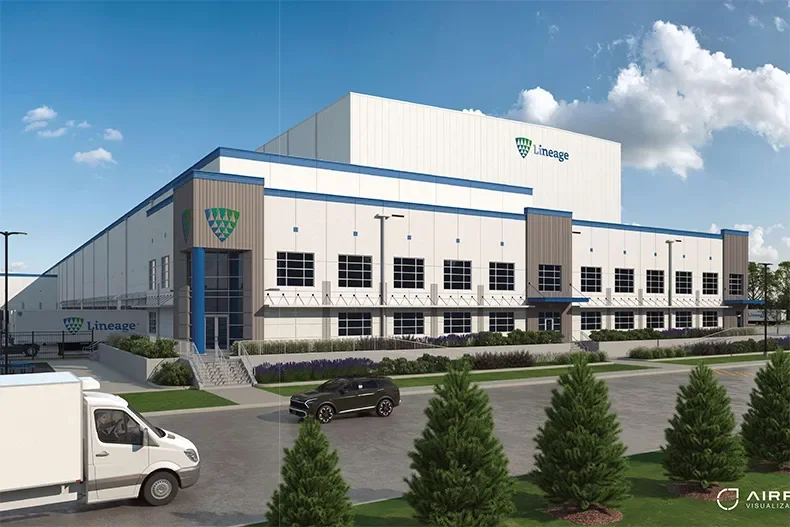The Burns & McDonnell Foundation is donating $1.5 million to the United Way COVID-19 Community Response and Recovery Fund to support organizations and nonprofits providing critical resources during the coronavirus pandemic.
The fund supports communities across the U.S. and $750,000 of the donation will go directly toward COVID-19 response and recovery efforts in the Kansas City metro area.
“United Way fights for the health, education and financial stability of every person in every community by providing the resources and information unique to individuals’ needs,” said Ray Kowalik, chairman and CEO of Burns & McDonnell.
United Way has a presence in 95 percent of U.S. communities and is mobilizing to provide food, shelter and other vital resources throughout its network.
During the past decade, Burns & McDonnell employee-owners have given more than $10 million to the organization through annual United Way campaigns.
“Our employee-owners’ desire to give back and empower others is the heartbeat of our firm and our Foundation. During this pandemic, we are committed to protecting and supporting the most vulnerable in our communities,” Kowalik said.
“We all are fortunate to live in a community that has consistently proven its generosity to those in need,” said Brent Stewart, president and CEO of United Way of Greater Kansas City.
“This incredibly generous gift from Burns & McDonnell — who is such a wonderful partner of United Way — is yet another example of how businesses and citizens in our metropolitan community are giving at this critical time. At United Way, we call this ‘Kansas City taking care of its own.’ That need for caring for our people — our community — has never been more acute than as a result of this pandemic,” Stewart said.
In addition to providing relief funding nationwide, the Burns & McDonnell Foundation is matching donations from individual employee-owners, further supporting employee-owners’ ability to make an impact within the organizations and causes they are most passionate about.
Click here to learn more about the solutions and resources Burns & McDonnell is providing to communities, clients and employee-owners.
For more information on United Way's COVID-19 Community Response and Recovery Fund, click here.





